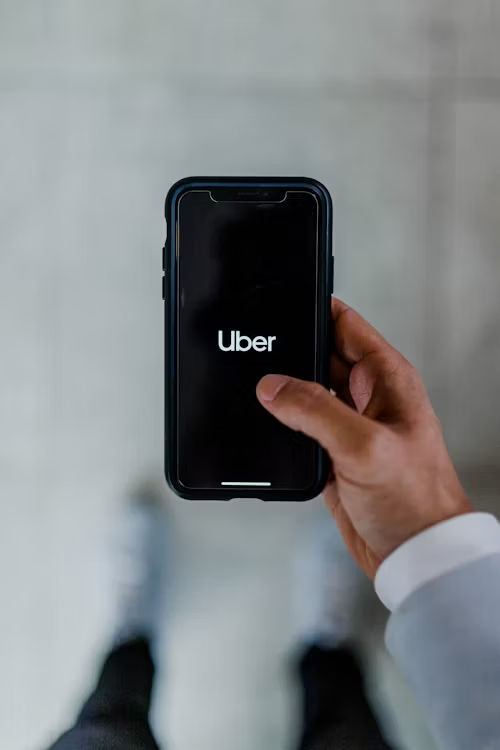As fuel prices continue to soar, Bolt and Uber drivers have ramped up their protest against the high commission rates charged by e-hailing companies. Drivers are demanding a reduction in commissions to a unified 10%, which they believe would significantly improve their earnings per trip. They argue that both drivers and riders are bearing the brunt of fuel price hikes while the companies continue to preserve their commission rates.
Comrade Iwindoye, a prominent figure in the AUATON (Amalgamated Union of App-Based Transport Workers of Nigeria), has openly criticized the 25% commission charged by both Bolt and Uber. He described the rate as excessive for the service provided, which primarily involves connecting drivers to riders.

Speaking on a podcast in Lagos, the Public Relations Officer of AUATON emphasized that drivers, who are the backbone of the e-hailing industry, are facing severe hardships. “We are the ones dealing with the daily challenges on the road, from maintaining the cars to fueling them,” he said. “Yet, the companies continue to take a significant portion of our earnings, leaving us with little to take home at the end of the day. Some of our members even sleep on the road because they can’t afford to go home.”
The drivers believe that reducing the commission rate would provide them with much-needed economic relief. Comrade Jaiyesimi, another union leader, echoed this sentiment, urging the e-hailing companies to address their concerns. “We urge these companies to recognize the mutual benefits of a fair and sustainable partnership,” he said.
inDrive seeks to take advantage
While Uber and Bolt have yet to respond to these demands, inDrive, another e-hailing service, has introduced measures to incentivize its drivers. Lineo Thakhisi, the Public Relations Officer for inDrive Africa, explained that the platform operates a “tier” system that rewards high-performing drivers with additional benefits, though it does not negatively impact the earning potential of those in lower tiers.
As the protests continue, the drivers remain firm in their demand for lower commissions, hoping to secure better working conditions amidst rising fuel costs.
Read More: Bolt Dispatch Riders in Abuja to Wear Safety Jackets


